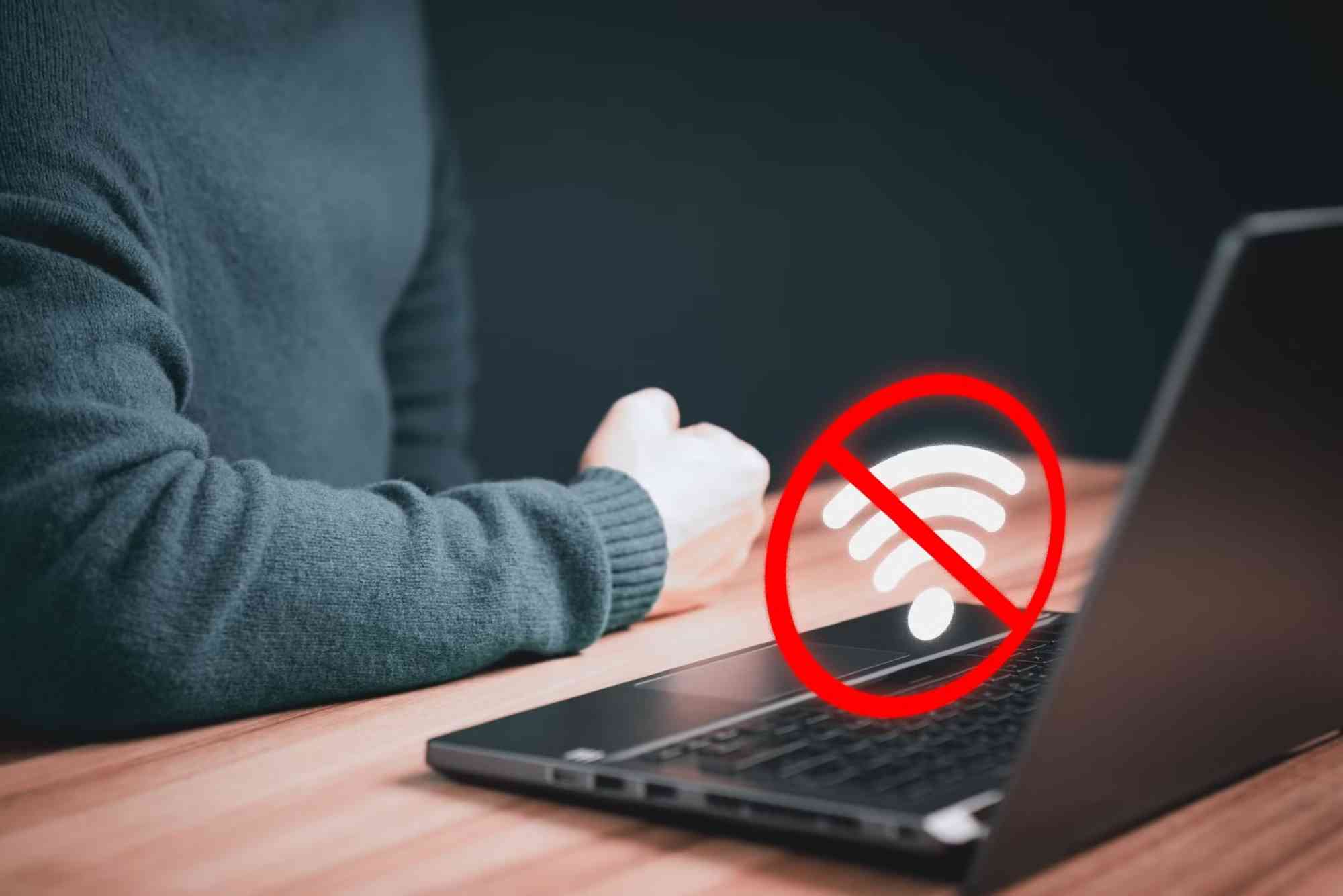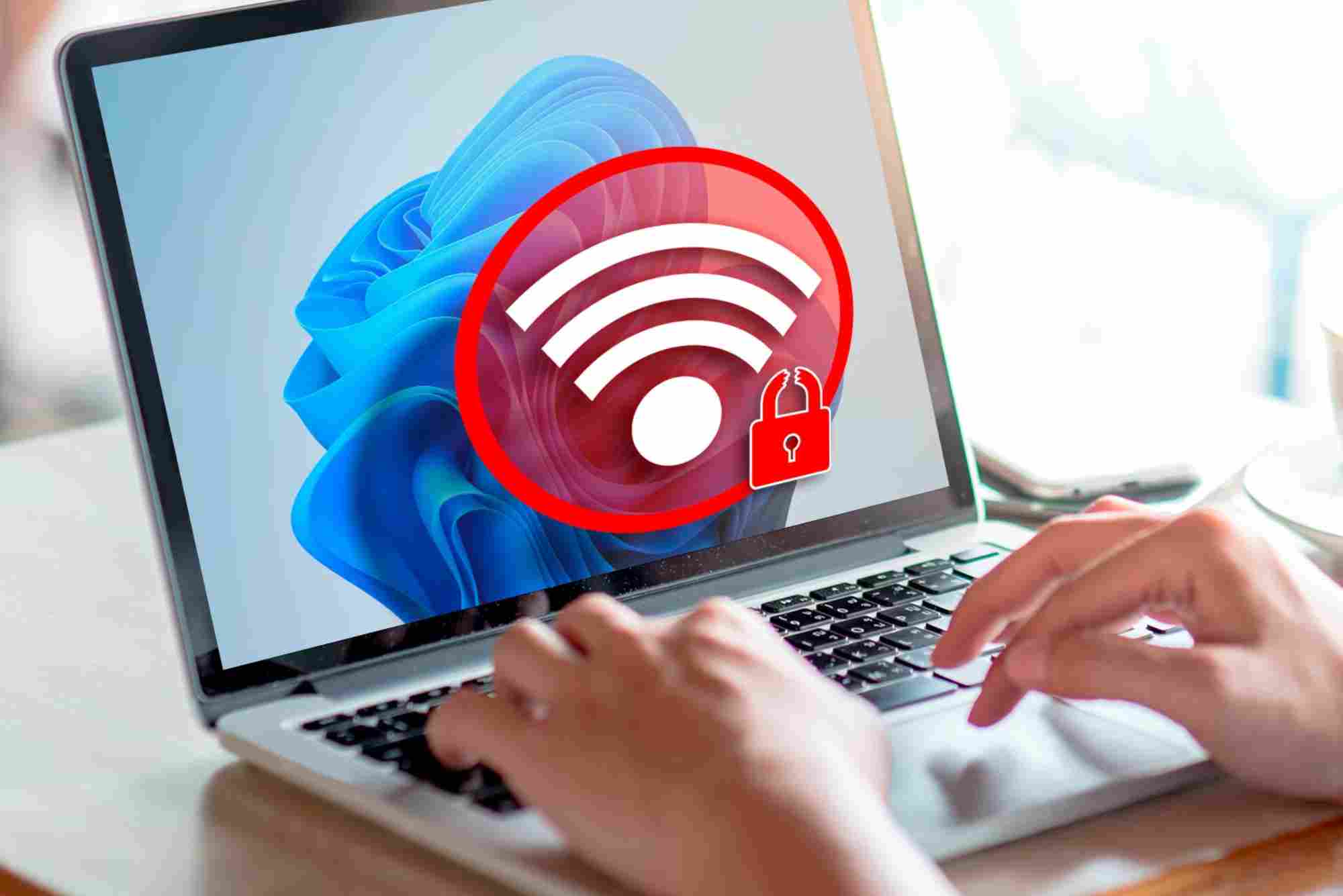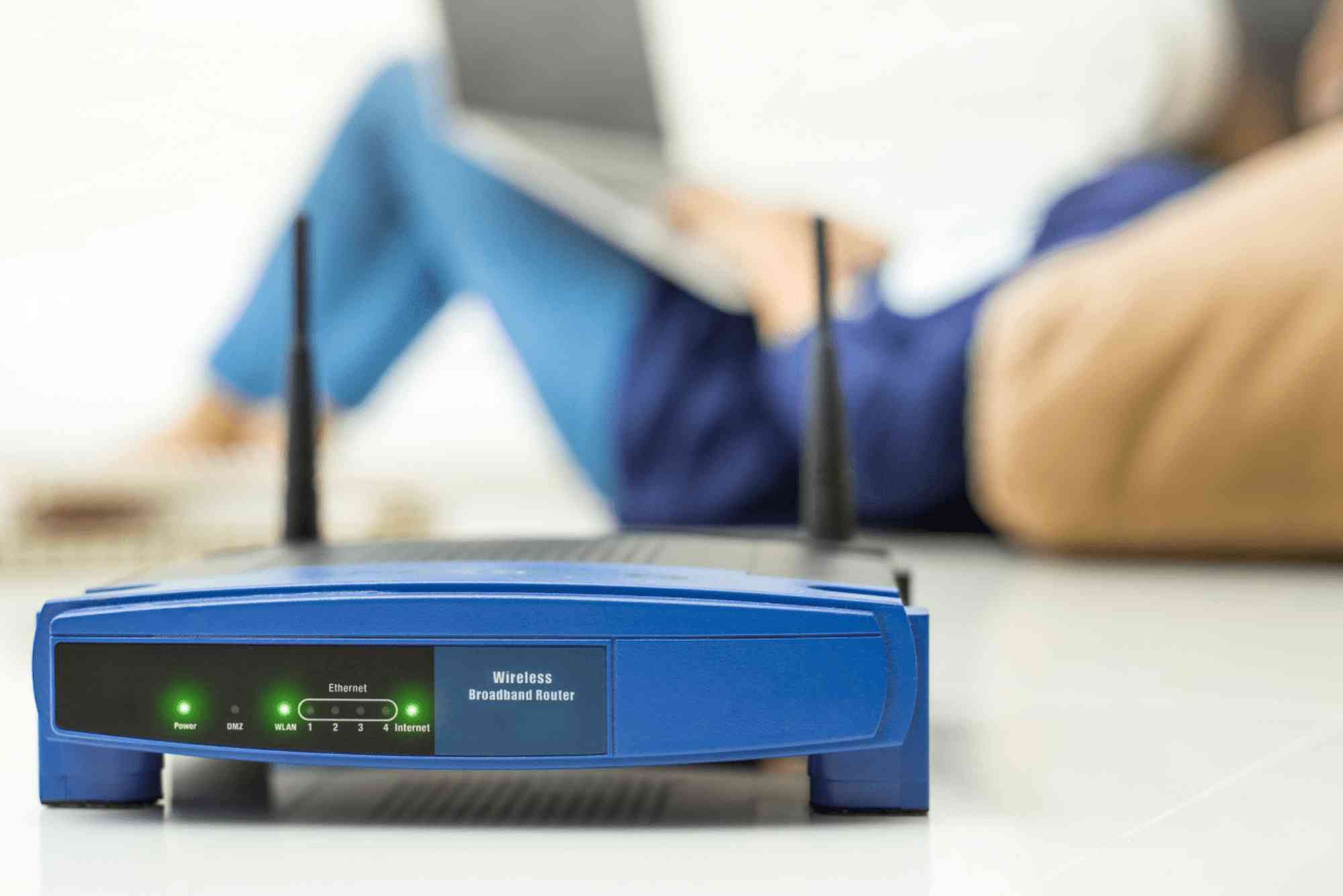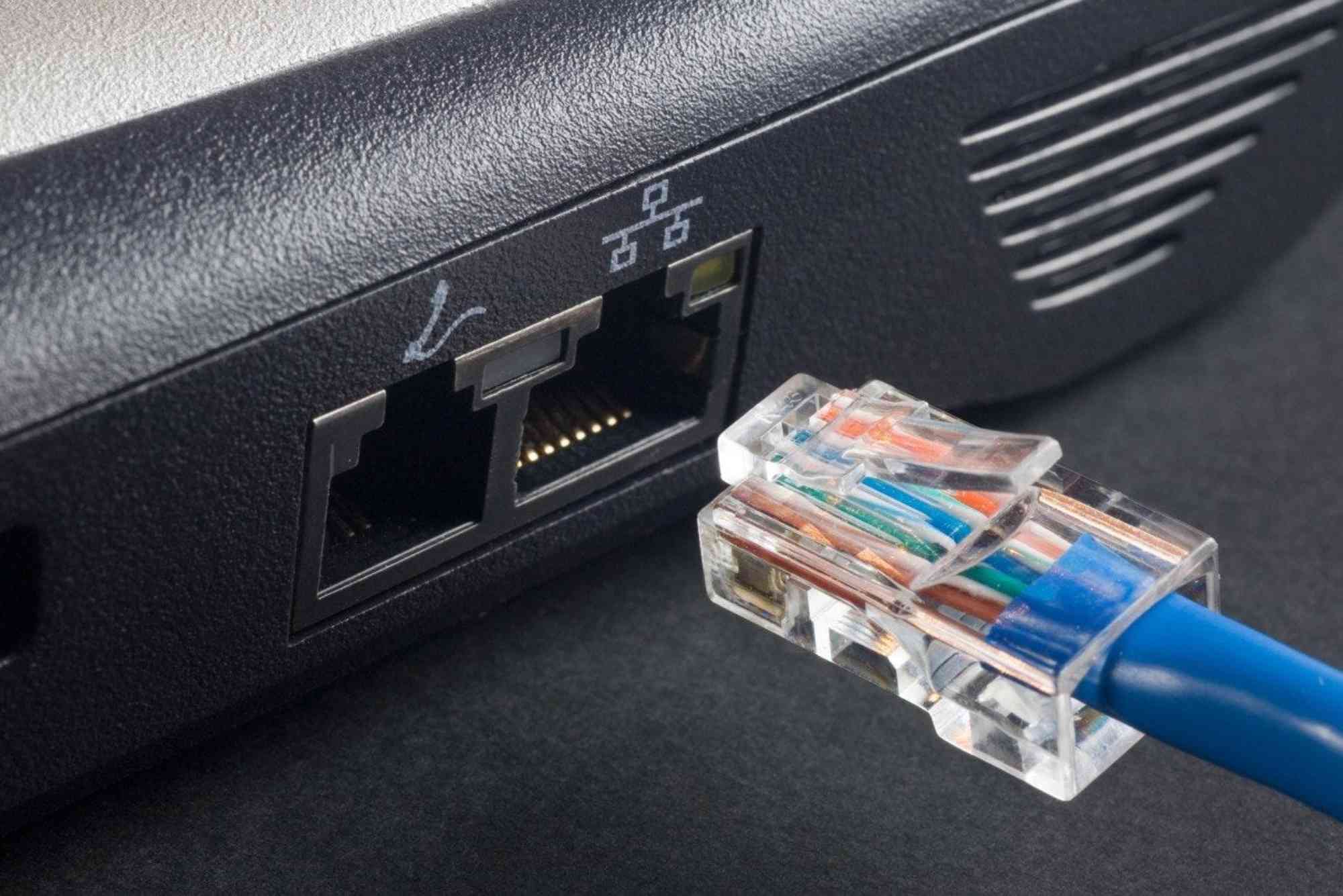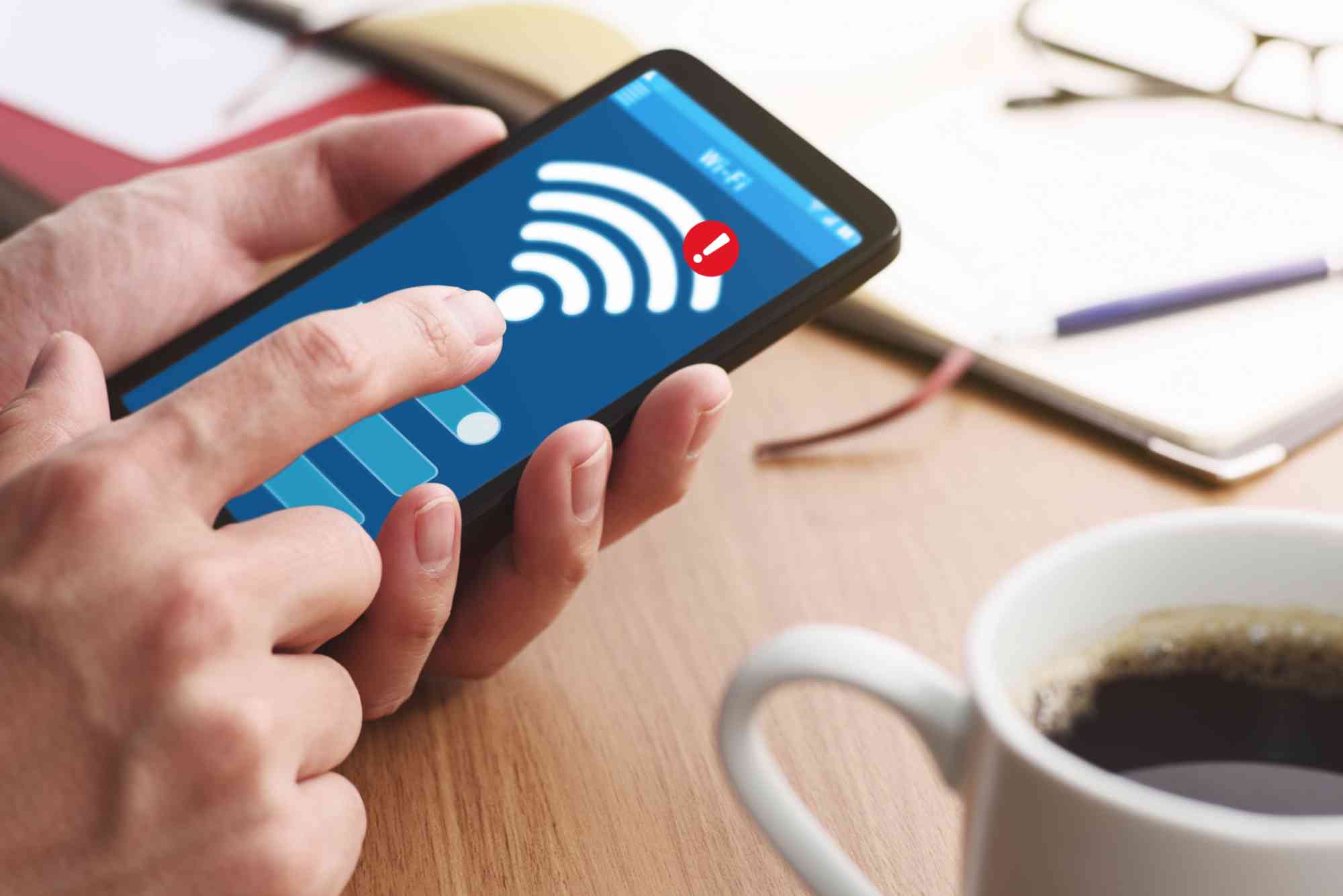How to Test Your VPN Speed Accurately
A Virtual Private Network (VPN) is a great tool for online privacy and security. However, many users notice a slowdown in their connection after turning on a VPN. This makes it important to know how to test VPN speed accurately. By testing properly, you can find out if your VPN is performing well, troubleshoot issues, and choose the right server or provider.
In this guide, you will learn step-by-step how to test VPN speed, what tools to use, and how to improve performance for a smoother online experience.
Why VPN Speed Testing Matters
VPNs route your traffic through encrypted servers, which adds extra layers of security but can also reduce speed. Testing helps you:
-
Identify if your VPN is too slow for streaming or gaming.
-
Compare different servers or providers.
-
Optimize your settings for better performance.
-
Confirm whether the issue is your VPN or your internet provider.
Without testing, you may settle for poor performance that could be improved with simple adjustments.
Factors That Affect VPN Speed
Server Location
The further the server is from your physical location, the slower the speed due to increased latency.
Encryption Strength
Stronger encryption protects your data better but requires more processing power, which can lower speeds.
Internet Provider Limitations
Some ISPs throttle VPN traffic, reducing performance.
VPN Server Load
A crowded server with too many users can slow down connections significantly.
How to Test VPN Speed Accurately
Testing VPN speed is not just about running a quick test. To get accurate results, follow these steps:
Test Your Baseline Internet Speed
Before connecting to a VPN, test your normal internet speed. This helps you compare how much the VPN impacts performance. You can use tools like:
-
Speedtest by Ookla
-
Fast.com by Netflix
-
Google’s built-in speed test
Connect to Your VPN
Turn on your VPN and connect to a server of your choice. Choose the server you typically use for streaming, browsing, or work.
Run Speed Tests with Different Servers
Run multiple tests with servers located in different countries. Compare speeds between nearby and faraway servers to see how distance affects performance.
Check for Ping and Latency
Ping measures response time. Lower ping means faster connections, which is crucial for gaming or video calls. Tools like PingPlotter or command prompt (ping command) can help.
Test Real-World Performance
Instead of relying only on numbers, test VPN performance in real-world scenarios:
-
Stream videos on YouTube or Netflix and check for buffering.
-
Download a file and note the speed.
-
Try online gaming to test latency.
Repeat Tests at Different Times
Server load changes throughout the day. Test at different times to get an accurate picture of average VPN speed.
Tools to Test VPN Speed
-
Speedtest by Ookla – Reliable and widely used.
-
Fast.com – Simple test powered by Netflix, ideal for streaming checks.
-
PingPlotter – Great for tracking latency and packet loss.
-
GlassWire – Monitors real-time network usage.
For business users, tools like MTR (My Traceroute) can provide deeper network analysis.
How to Improve VPN Speed After Testing
If your VPN is slower than expected, try these fixes:
Change Servers
Connect to a server closer to your location for better speed.
Switch VPN Protocols
Many VPNs offer different protocols such as OpenVPN, WireGuard, or IKEv2. WireGuard is usually the fastest.
Avoid Overloaded Servers
If your VPN shows server load percentages, pick one with lower usage.
Upgrade Your Internet Plan
Sometimes, the issue is your ISP speed, not the VPN.
Use a Wired Connection
Ethernet is faster and more stable than Wi-Fi.
Choose a Reliable VPN Provider
Some providers are built for speed and stability. Make sure you choose a trusted one that invests in server infrastructure.
FAQs on How to Test VPN Speed
How do I check my VPN speed?
You can check VPN speed by running online tests like Speedtest while connected to your VPN. Compare the results with your normal internet speed.
Why is my VPN so slow?
A VPN may be slow due to server distance, heavy encryption, overloaded servers, or ISP throttling.
Does a VPN always reduce speed?
Yes, VPNs usually reduce speed slightly because of encryption and rerouting. However, with the right provider and settings, the difference is minimal.
Which VPN protocol is the fastest?
WireGuard and IKEv2 are generally faster than OpenVPN while maintaining strong security.
Can a VPN increase my internet speed?
In some cases, yes. If your ISP throttles certain traffic, a VPN can bypass restrictions and improve speeds.
Practical Example
Imagine you’re streaming in HD on Netflix. Without testing, you might blame the VPN for poor performance. But after testing:
-
You find your baseline speed is 100 Mbps.
-
With VPN, you get 80 Mbps on a nearby server.
-
On a distant server, you get 40 Mbps.
This shows the VPN is working fine and that server choice directly affects streaming quality.
Additional Tips for Accurate VPN Testing
-
Clear background downloads or apps that use bandwidth.
-
Run at least 3 tests per server for consistency.
-
Test on both Wi-Fi and wired connections for comparison.
Why Accuracy Matters
Accurate testing ensures you don’t switch providers unnecessarily or downgrade your internet plan. Instead, you learn how to optimize your setup for the best balance between security and performance.
Learning how to test VPN speed accurately helps you enjoy secure browsing without sacrificing performance. By checking your baseline, testing different servers, and measuring real-world usage, you get a clear picture of your VPN’s efficiency. If your VPN feels slow, apply the fixes shared in this guide.
For a stable and reliable internet experience, make sure to choose services that prioritize both speed and security. If you’re looking for dependable connections, check out Dhanote Internet Services for a trustworthy option that complements your VPN use.

